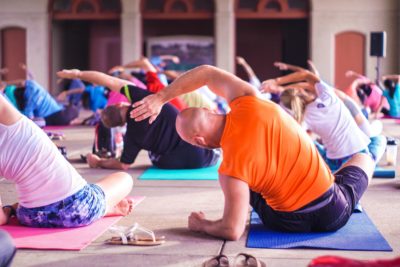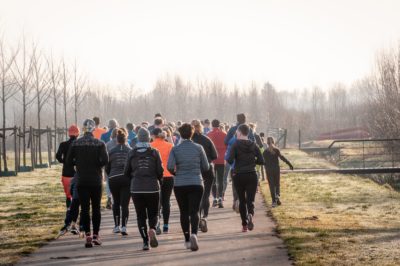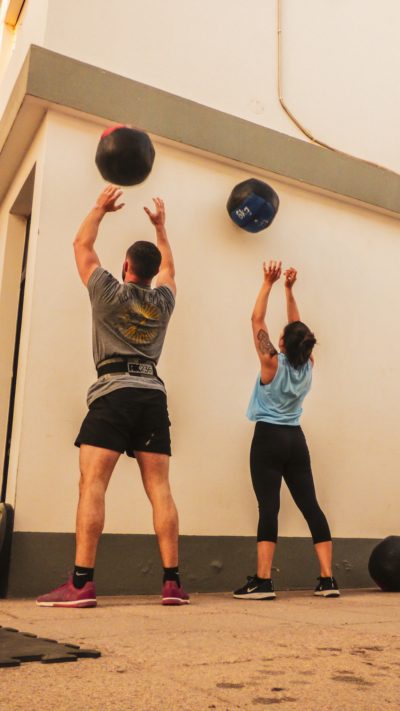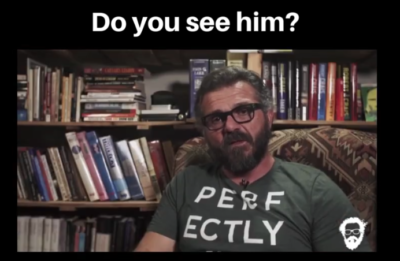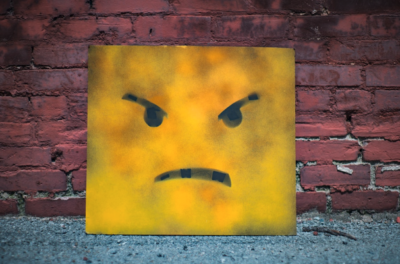#ptsd
Regular exercise can help you get better sleep. Let’s look at the health issues caused by sleep deprivation, and discuss how exercise can help us get all the zzz’s.
Regular exercise can actually boost your self-esteem. We all need that sometimes.
One way to cope with having a bad day, dealing with anxiety, stress overload or feeling stuck is to provide yourself with a healthy distraction. Exercise is definitely one healthy distraction we keep as a tool in our toolbox–it’s great for your body and tends to help you get ‘out of your head’ for a bit.
Exercise and Mental Health: Reducing Stress Naturally
We all can benefit from reducing or managing stress. Exercise can be a key tool in our mental health toolbox. Here are some ways we can reduce our stress naturally through exercise.
Failure and a Growth Mindset – the Role of Failure in Successful PTSD Recovery. An essential aspect of recovery is moving forward. Quitting means you’re giving up, failure means you’re still trying.
How to Manage Negative Thoughts – The single most productive thing to learn in your recovery journey is how to take a thought captive–how not allow it to rule or ruin a moment, a day, an opportunity. In this quick video Dr. John A. King discusses something that is at the very heart of his book #dealwithit – living well with PTSD.
I wrote this piece ‘Do You See Him?’ after touring with a documentary on human trafficking that featured my story called Stopping Traffic.
Overcoming a victim mentality is a matter of perception. If you allow someone to make your world for you, they will always make it too small.
The Importance of Resilience in Overcoming Trauma. In an interview with Chris Lengyel of Help Me PTSD, Melissa and I discuss the importance of resilience in sustainable trauma or PTSD recovery.
Everyone has bad days–sometimes even a string of them put together. When you are dealing with PTSD and learning to manage yourself, there are some things that can really help on those shitty days.


